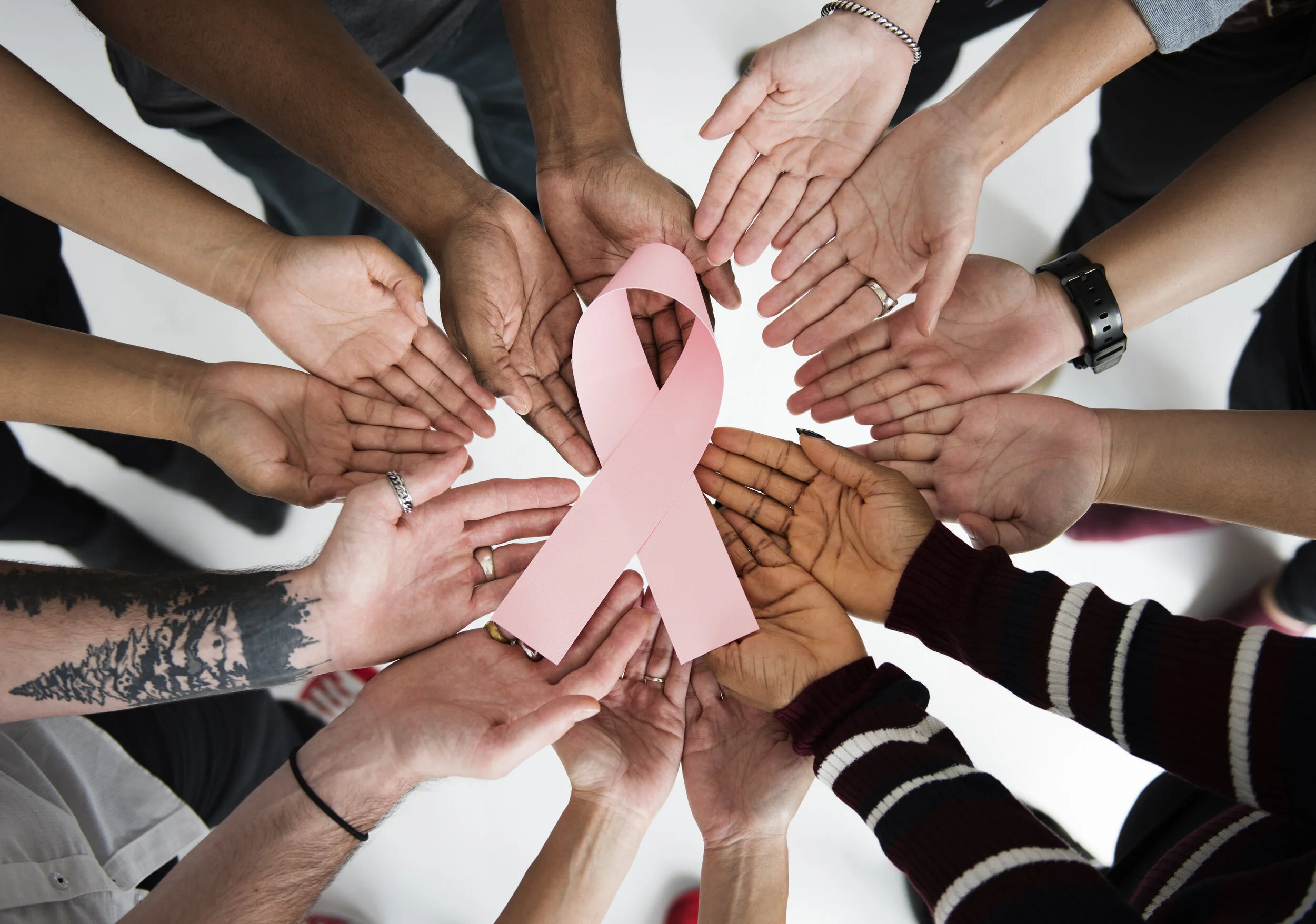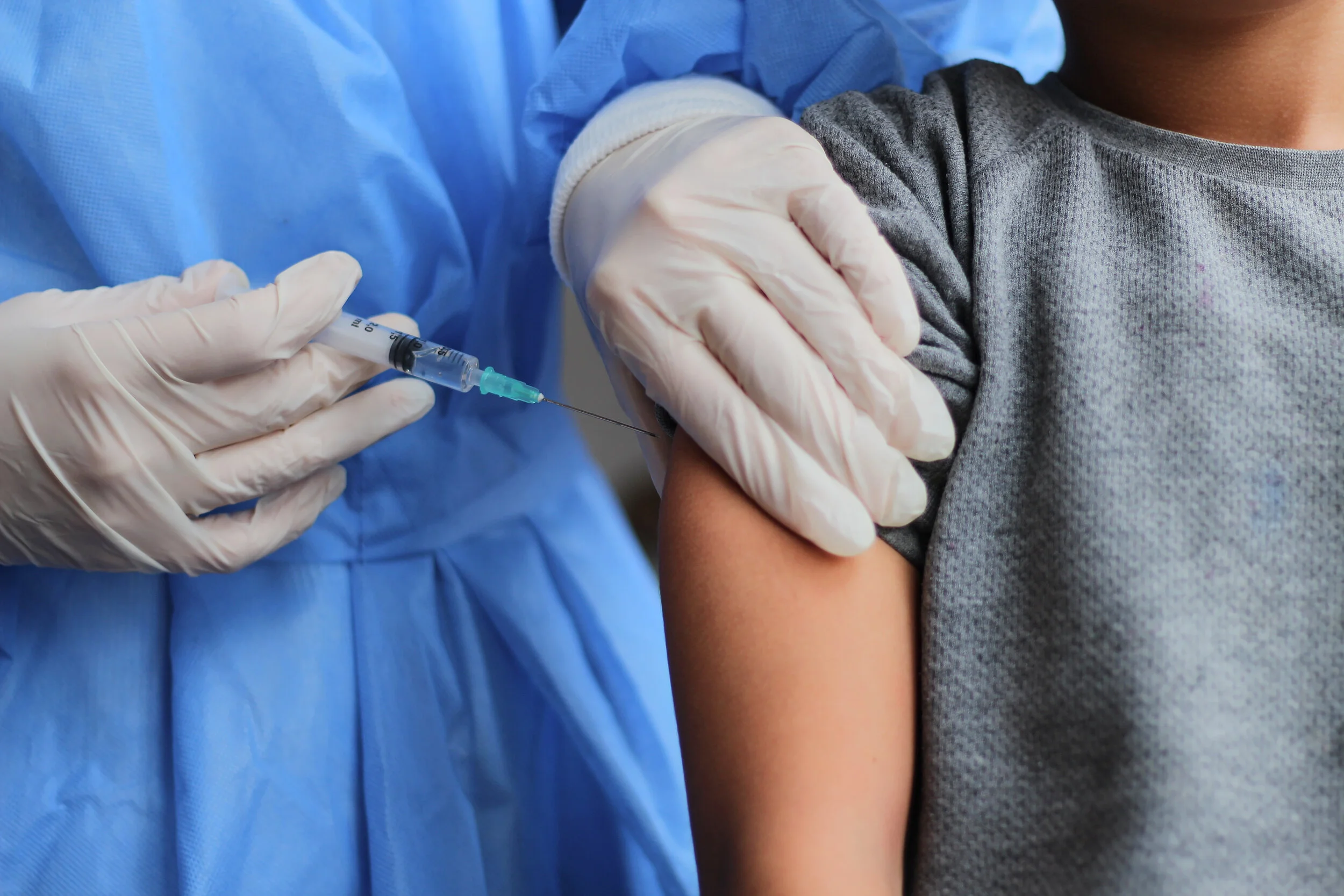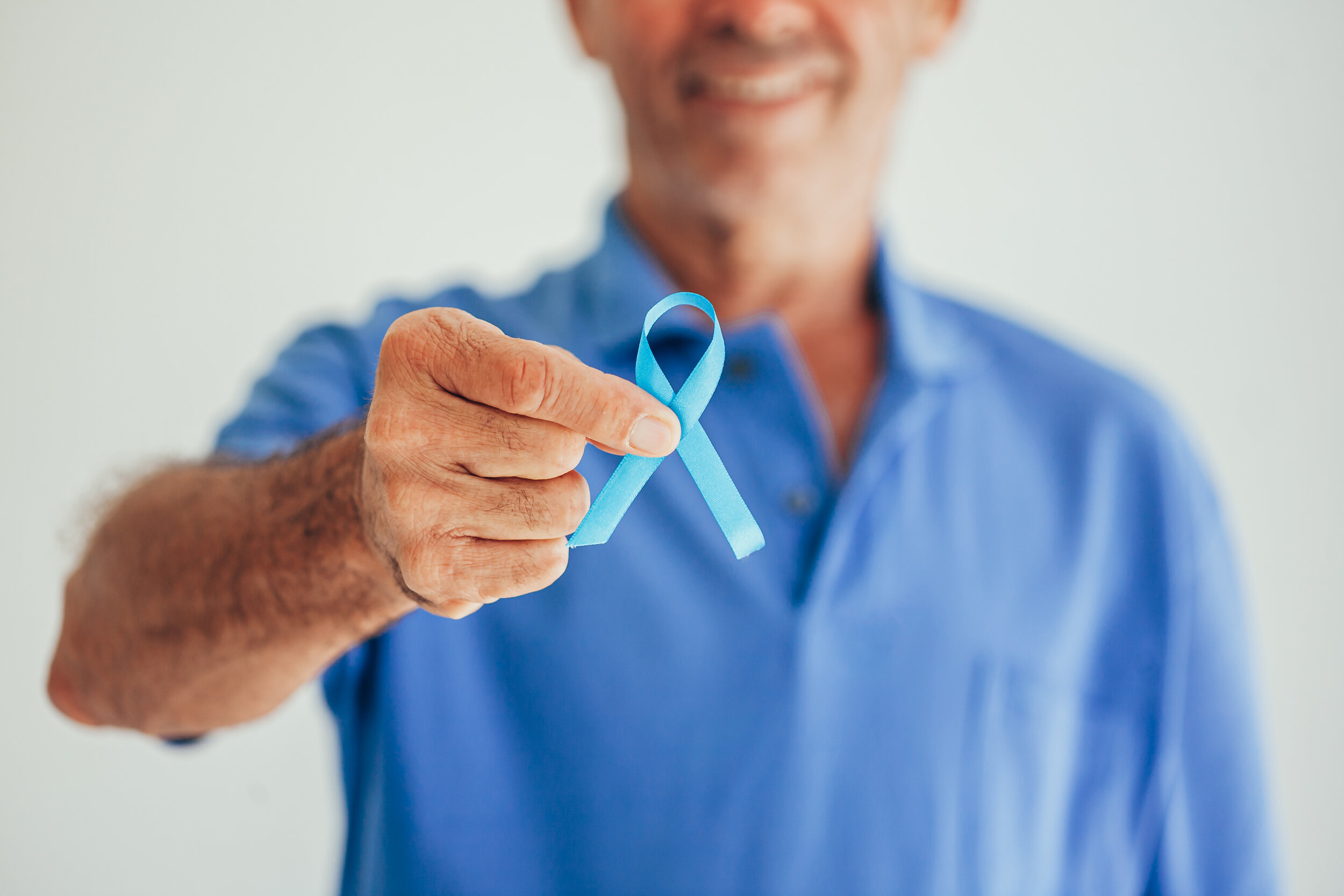Some popular beliefs about how cancer starts and spreads can seem to make sense at first. But incorrect ideas about cancer can lead to unnecessary worry and even stop good prevention and treatment choices.
Read MoreThere are some well-known risk-increasing factors. Yet, most of us ignore this knowledge until it’s already too late. In this blog, H&B is attempting to raise awareness of the fact that most cancer types are preventable. Let’s learn what we can do to fight cancer before it even forms.
Read MoreEvery year, over half a million women get cervical cancer and more than 300,000 die from this disease. It’s tragic, and even more so when we know it’s a preventable disease. More than 85% of new cervical cancer cases happen in developing countries.
Read MoreThe global rate of cancer incidence is anticipated to grow considerably over the following decades. This is considered to be a consequence of economic and demographic transitions happening worldwide, but also of our lifestyle choices. Smoking, alcohol misuse, obesity, unhealthy diet, and physical inactivity, and also reproductive and hormonal factors are considered as causes of cancer and main objectives for primary prevention.
Read MoreFollowing closely after skin cancer, prostate cancer is the second most common type of cancer found in males in the United States. Most prostate cancer is quite slow-growing and oftentimes brings about a few to no signs of problems until it is very advanced. H&B joins the cause of raising prostate cancer awareness.
Read MoreFrequent alcohol misuse can have various outcomes, helpful or harmful, on the health of the consumer. Drinking alcohol raises the risk of developing various types of cancer. When a person drinks alcohol, the body breaks it down into a chemical called acetaldehyde. Acetaldehyde harms the DNA and prevents the body from fixing the damage
Read MoreThe laws governing cosmetics and personal care products are so limited that known cancer-causing chemicals, or carcinogens, are legally allowed in personal care products. Ingredients used to make consumer products (including cosmetics) have come under increased scrutiny for their possible effects on human health and on the environment.
Read More







